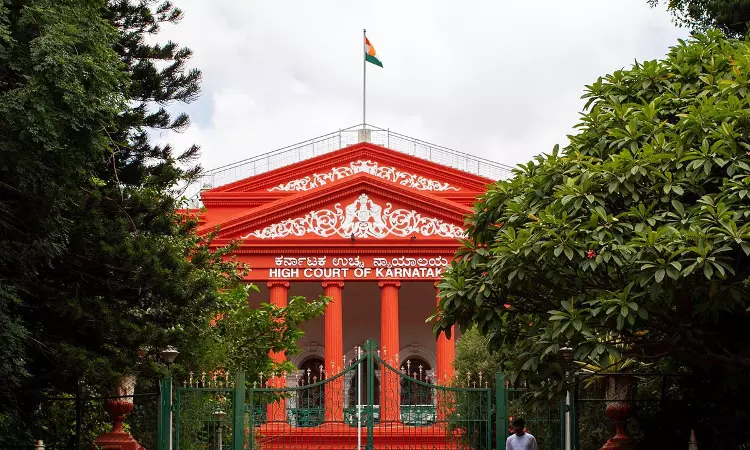The Karnataka High Court division bench comprising Mr. Justice S.G. Pandit and Mr. Justice C.M. Poonacha has held that once a resolution plan is approved by the Adjudicating Authority under Section 31(1) of the Insolvency and Bankruptcy Code, 2016 (IBC), claims which are not included in the resolution plan are extinguished, and no further proceedings can be initiated against...

